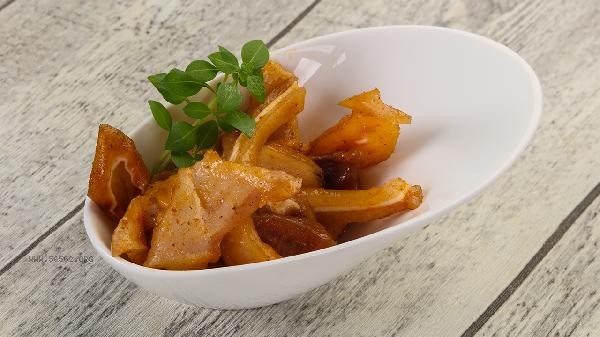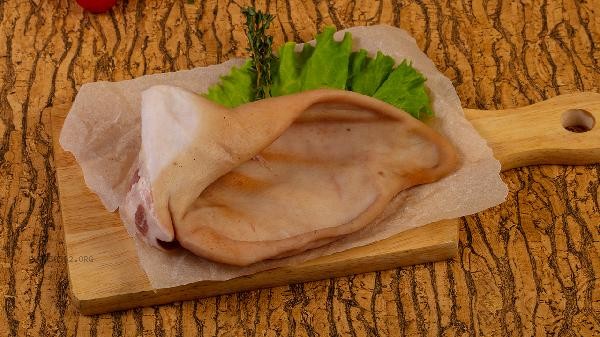Dietary fiber foods refer to foods containing plant-based dietary fiber components, mainly including soluble dietary fiber and insoluble dietary fiber. Dietary fiber is a carbohydrate that the human body cannot digest or absorb, but it plays an important role in maintaining intestinal health and regulating blood sugar and blood lipids. Common dietary fiber foods include whole grains, beans, vegetables, fruits, nuts, etc.

1. Whole Grains
Whole grains refer to grains that have not been finely processed or have been ground but still retain their intact grain structure. Whole wheat flour, oats, brown rice, etc. are all considered whole grain foods. These foods retain the bran, germ, and endosperm of grains and are rich in insoluble dietary fiber. The dietary fiber in whole grains can promote intestinal peristalsis, help prevent constipation, and also help control weight and reduce the risk of cardiovascular disease.
2. Legumes
Legumes such as soybeans, black beans, red beans, mung beans, etc. are rich in soluble dietary fiber. The dietary fiber in legumes can combine with cholesterol and be excreted from the body, helping to lower cholesterol levels in the blood. At the same time, legume dietary fiber ferments in the intestine to produce short chain fatty acids, providing nutrients for beneficial bacteria and maintaining the balance of intestinal microbiota.
3. Vegetables
Vegetables are an important source of dietary fiber, especially leafy and root vegetables. Vegetables such as broccoli, spinach, and carrots contain a large amount of insoluble dietary fiber. These fibers can increase the volume of feces and promote intestinal peristalsis. The dietary fiber in vegetables can also slow down gastric emptying, increase satiety, and help control dietary intake.

4. Fruits
Apples, pears, bananas, and other fruits are rich in soluble dietary fiber such as pectin. The dietary fiber in fruits can delay sugar absorption and help stabilize blood sugar levels. Fruits consumed with skin have a higher dietary fiber content, but it is important to thoroughly clean and remove pesticide residues. The dietary fiber in fruits can also bind with bile acids to promote cholesterol metabolism.
5. Nuts
Almonds, walnuts, cashews, and other nutty foods are rich in dietary fiber. The dietary fiber in nuts is mainly insoluble fiber, which can promote intestinal peristalsis. Nuts also contain healthy unsaturated fatty acids, which work synergistically with dietary fiber to promote cardiovascular health. But nuts have high calories, it is recommended to consume them in moderation.

Adequate dietary fiber intake should be ensured in daily diet, and it is recommended that adults consume 25-30 grams of dietary fiber per day. Increasing dietary fiber intake should be done gradually to avoid sudden and excessive intake that may cause gastrointestinal discomfort. At the same time, it is important to ensure sufficient water intake to help dietary fiber function properly. For individuals with weaker gastrointestinal function, it is recommended to start supplementing with soluble dietary fiber and gradually adapt before increasing the intake of insoluble dietary fiber. Reasonable combination of various dietary fiber foods can help maintain intestinal health and prevent various chronic diseases.








Comments (0)
Leave a Comment
No comments yet
Be the first to share your thoughts!